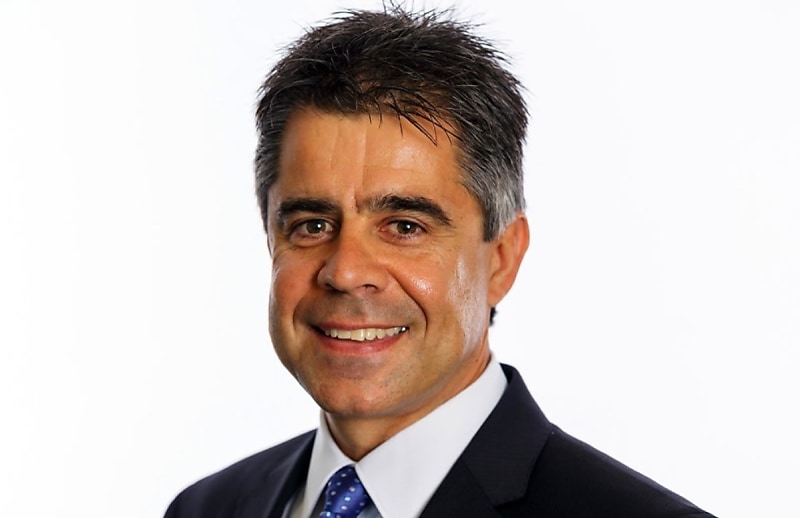The SMSF Association has urged the government to remove the active member test for super funds because it fails to provide additional integrity to the system.
In a submission to the government’s consultation paper on modernising individual tax residency, the SMSFA said the test was regulatory overload that hit small funds hard.
You’re out of free articles for this month
“The establishment and central control and management tests already ensure that only Australian-based superannuation funds can benefit from the superannuation tax concessions,” the SMSFA said.
“Instead, the active member test is an unnecessary source of red tape, especially for SMSFs and small APRA funds, adding unnecessary costs and reducing the efficiency of the superannuation system.”
In the May 2021 budget, alongside the modernising of individual tax residency rules, the former government announced changes to two components of the tax residency rules for SMSFs: the removal of the active member test and the extension of the temporary absence rule for non-residents from two to five years.
The SMSFA said these reforms were important for the sector and urged the government to consult and progress the required legislation as a matter of priority.
“They require only simple, legislative amendments,” the submission said.
The submission said the definition of “Australian superannuation fund” in section 295-95 of ITAA 1997 created administrative difficulties for SMSF members.
“This issue also equally applies to small APRA funds. It involves situations where Australians who are temporary residents overseas are being prevented from making contributions to their SMSF due to the penalties involved and the fund potentially being taxed as a non-complying superannuation fund,” the submission said.
“The only alternative is for the individual to make contributions to a large APRA-regulated superannuation fund and upon their return to Australia roll over those contributions back to their SMSF.”
But there were significant additional costs from the holding of multiple superannuation fund accounts and the need to consolidate accounts by rollover upon return to Australia.
The SMSFA said this increased fund administration and compliance costs for the individual affected, reducing their overall superannuation balance.
“It also exposes superannuation balances to market risk when later seeking to consolidate the duplicated account into their primary account,” the submission said.
“The duplication of superannuation accounts does not align with the current superannuation policy settings. The fact that the residency rules unfairly affect superannuation members who ‘choose’ to save for retirement in an SMSF but do not affect those who save in a large APRA-regulated superannuation is inequitable.”
It said if a fund failed to meet the definition of an Australian superannuation fund it was treated as a non-complying fund and taxed at 45 per cent for the financial year. It would also be taxed at 45 per cent on the value of the fund’s investments at the commencement of the financial year in which it became non-complying, less the amount of broadly any non-deductible contributions (non-concessional contributions).
The submission said the active member test should be removed from the requirement for any superannuation fund to qualify for taxation concessions under the income tax law.
It said residency of a fund should be determined on the same principles as all other entities for income tax purposes, that is, the place of establishment and the location of the management and control of the entity.
“Removing the active member test would ensure that SMSF members who are working overseas can still contribute to their fund irrespective of whether their fund balance exceeds 50 per cent of the fund’s assets,” it stated.
“This would mean if the fund was established in Australia and the central control and management ordinarily remains in Australia, then an SMSF member can continue to contribute to a fund of their choice.”
It also said the existing two-year exemption was too short for modern work arrangements and called for an extension of the temporary absence exception from two to five years.
“Extending the central control and management exception will reduce red tape and compliance issues for Australians working overseas while not compromising the integrity of the superannuation or taxation systems,” the submission said.
“These proposed amendments will benefit SMSF members who spend time overseas working and still wish to make contributions to their fund to save for their retirement.
“We do not believe there will be any negatively affected superannuation fund members from the proposed amendments.
“We believe these proposed changes would have a negligible impact on revenue as the changes would simply cause concessionally taxed contributions to be redirected to an SMSF instead of a large APRA-regulated fund.”

 Login
Login






